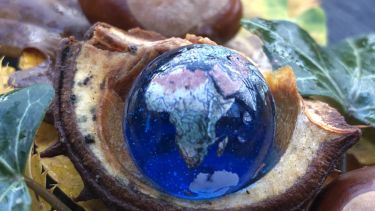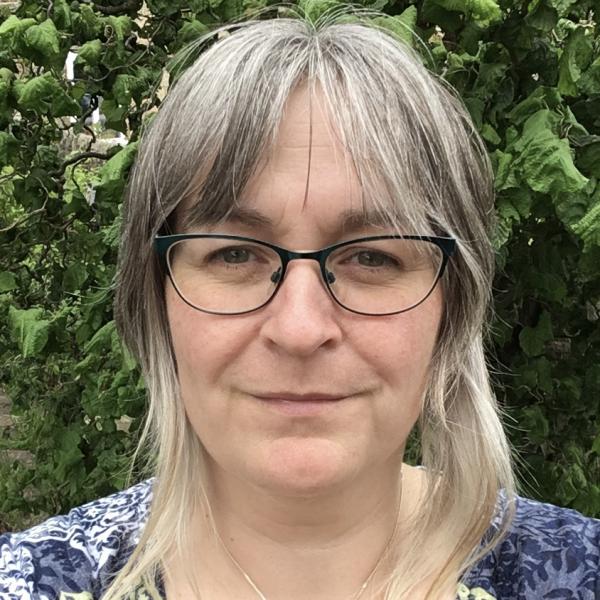Lost Wor(l)ds: On language, heritage, and forgetting
The aim of the ‘Lost Wor(l)ds’ project is to highlight the ways in which primary school children lose their heritage language, within a monolingual English national curriculum.

‘Lost Wor(l)ds’ will develop resources and activities, in collaboration with schools, which actively engage multilingual families in positive ways.
The project takes its name from and is an extension of ‘Lost Words’ (Morris & Macfarlane, 2017), which focuses on reconnecting children with words from nature and inspiring them to engage with the magic of language. ‘Lost Wor(l)ds’ is funded by the ESRC, via a Faculty of Social Science ‘Knowledge Exchange and Impact Opportunities’ award. The project will build upon a body of research, produced by Dr Sabine Little that explores the connections between multilingualism, literacy, and mental health, and in doing so combine impact opportunities from previous research, funded by:
- UK Literacy Association
- AHRC (Open Worlds Research Initiative Satellite Project), and;
- The British Academy.
The ultimate goal is to consolidate the learning and maximise the impact from previous projects, in order to achieve the following objectives:
-
Normalise the sense of multilingualism for all, through language awareness, language use, and purposeful play in the primary school classroom.
-
Influence education policy makers to acknowledge and include multilingualism as a strength at all levels of our society.
-
Connect children’s home and school experience, by acknowledging and validating the knowledge they all bring of language and culture.
-
Empower primary teachers to celebrate language/s in the classroom every day and, in doing so, raise status and normalise diversity.
Over 20% of children in primary school are identified as having English as an additional language (EAL), however this statistic does not necessarily recognise all multilingual children. The focus is on whether a pupil’s English is ‘good enough’, as opposed to positively recognising the extent of their language skills. This creates a duality where English is on one side and all additional languages are categorised as ‘other’, which can result in multilingual children being perceived as disadvantaged in formal education.
‘Lost Wor(l)ds’ will work to address this perception of multilingual pupils, through directly engaging with a minimum of 30 education providers. An initial five primary schools will be recruited to pilot ideas for activities and resources, before the project expands its engagement to work with a further 25 schools nation-wide. The materials provided will comprise: ideas for activities, relevant worksheets, teacher notes, and curriculum links, as well as learning from the pilot stage. The project will work across three strands of activity, wherein lie the greatest opportunities to influence the curriculum:
- Poetry – using The Lost Words to encourage children to explore ‘lost words’ from their heritage language, creating written work around this topic.
- Art – using The Lost Words to illustrate nature from heritage countries and cultures, combined with multilingual labels/descriptions
- Music – using The Lost Words to create musical outputs in the form of songs and/or instrumental pieces, drawing on vocabulary and cultural songs (lullabies, counting rhymes) from children’s heritage countries.
For further information about the 'Lost Wor(l)ds' project see the project's website: www.multilingualism-in-schools.net or contact us via email: lostworlds@sheffield.ac.uk. You can also engage with the project, follow our progress and keep up to date via twitter: @LostWor_l_ds.
Principal Investigator: Dr Sabine Little, Deputy Director of Learning and Teaching, School of Education.


